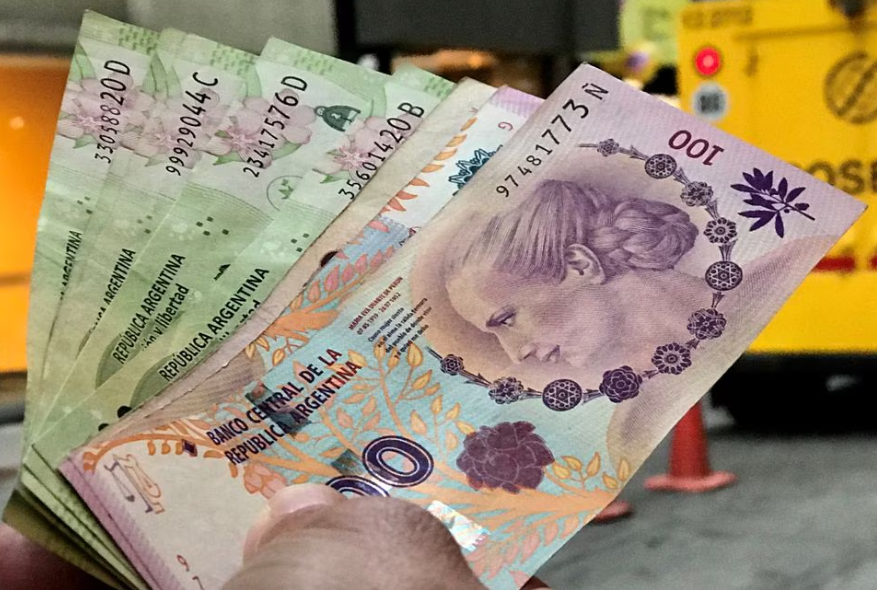Economists have issued a warning that Argentina might experience hyperinflation after its October election. This concern arises from the recent spending spree initiated by populist Economy Minister Sergio Massa and frontrunner Javier Milei’s pledge to adopt the dollar as the official currency. In the lead-up to the election, Massa proposed eliminating income tax for most registered workers, introduced cash handouts for various segments of the population, and initiated a scheme to refund value-added tax on essential goods. These measures are expected to cost a significant percentage of the country’s GDP and are likely to be financed by increased money printing, potentially leading to higher inflation rates.
Although Argentina’s current inflation rate is still below the threshold for hyperinflation, economists argue that the risk is growing, and steps need to be taken to avoid it. These policies are also expected to make it challenging for Argentina to meet its fiscal deficit reduction and money printing reduction targets, as stipulated in its agreement with the IMF.
Opponents of Massa argue that the inflation generated by these measures would negate any benefits to voters, with some even suggesting that hyperinflation could become a reality. Massa has attributed rising inflation to a peso devaluation imposed by the IMF, and he plans to fund cash handouts to informal workers through a tax levied on banks and financial institutions.
The uncertainty surrounding Milei’s proposal to replace the peso with the US dollar may prompt individuals to exchange their pesos for dollars more rapidly if he wins the election. Economists predict that inflation will remain in the double digits for September and October, as Massa attempts to mitigate inflationary pressures to protect his electoral chances.
Additionally, Massa has introduced preferential exchange rate schemes to support the country’s central bank and bolster the peso’s value on parallel exchange markets. The risk of an inflationary spiral is expected to persist after the election as the new government grapples with dismantling existing price and currency controls and reckons with the consequences of recent stimulus measures.
(Source: Ciara Nugent | FT)









